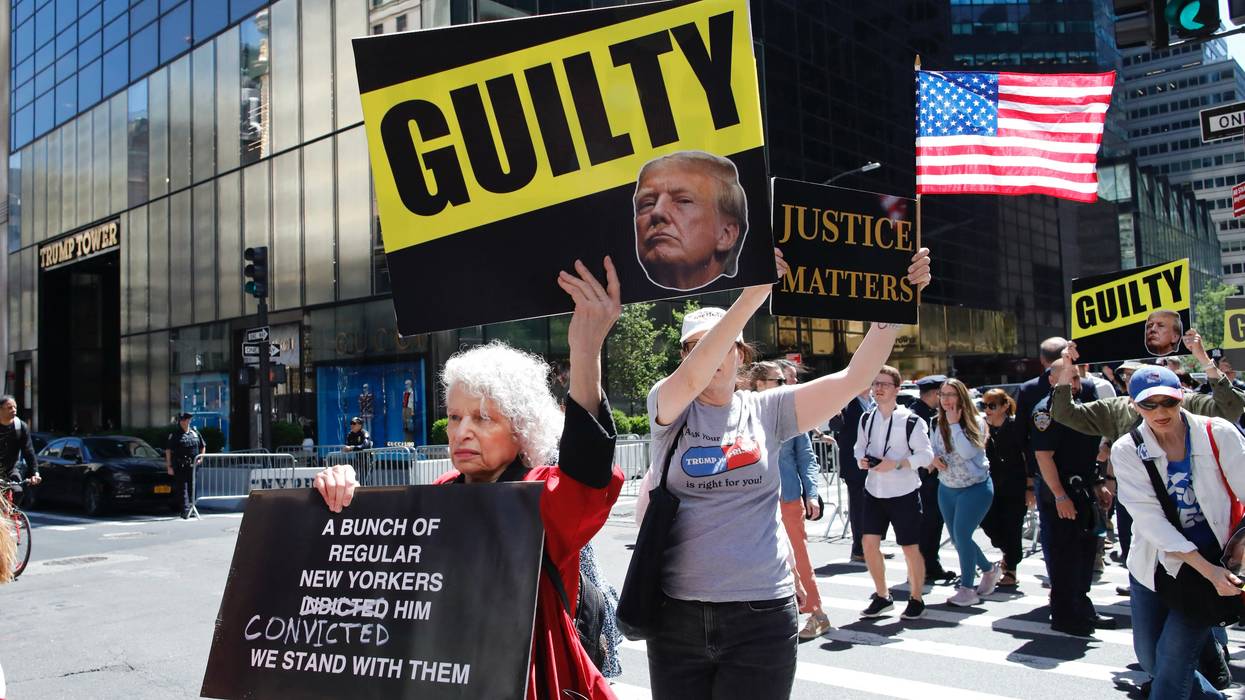In upholding the conviction, Merchan rejected Trump's motion to vacate a New York jury's guilty verdict last May and scheduled his sentencing for January 10.
On Monday, lawyers Todd Blanche and Emil Bove—who are also Trump's nominees for deputy attorney general and assistant to the deputy attorney general—claimed the case should be paused because of a U.S. Supreme Court ruling last summer which gave presidents broad immunity for "official acts" they take.
"I call BS," said Eisen, a senior fellow at the Brookings Institution, explaining on the social media platform X that presidential immunity "does not apply here" because the case pertains to events that took place before Trump was first elected president.
Trump's claim that he should enjoy "sitting-president immunity" is also "nonsense," said Eisen, as he has not been the sitting president since January 2021 and won't be again until January 20, 10 days after the scheduled sentencing.
"His claim that sitting-president immunity extends into the transitional period while he is 'president-elect' is nonsense," said Eisen. "There's no such doctrine in American law. He's making this up."
Blanche and Bove demanded that Merchan indicate by 2:00 pm on Monday whether he would block the sentencing.
"Lawyers don't impose deadlines on judges; it's the other way around," said MSNBC legal analyst Kristy Greenberg. "But that didn't stop Trump's lawyers from giving Judge Merchan a deadline of TODAY at 2:00 pm to say whether he'll proceed with 1/10 sentencing, or else they will file an emergency appeal."
A spokesperson for the district attorney's office told The Washington Post that the judge was expected to file a response Monday.
In the filing, Eisen said, "Trump argues that 'further criminal proceedings are automatically stayed by operation of federal constitutional law.'"
"Wrong again!" he wrote. "There is no automatic stay. He's making this shit up as he goes along."
"Hasn't Trump delayed accountability long enough?" said Eisen. "You know if he gets this stay, his sentencing will never occur. I strongly oppose a stay—and so does the interest of justice."




